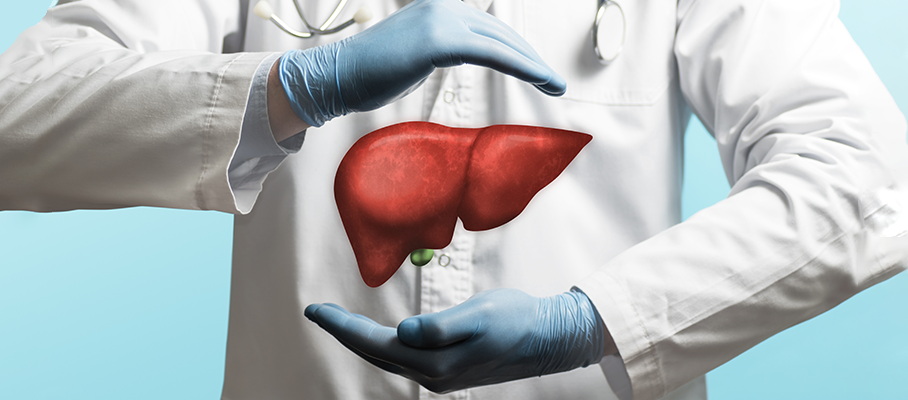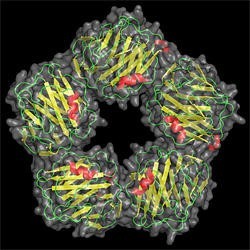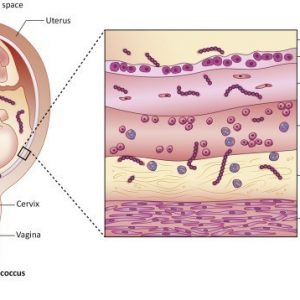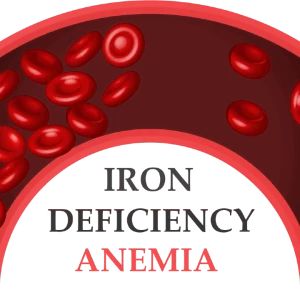
1. LIVER AND ITS FUNCTIONS
The liver is an organ that lies on the right side of the abdominal cavity. It performs many functions that include synthesizing proteins, synthesizing blood coagulation factors, processing foods, and detoxification. It also plays a role in the metabolism of glucose
2. MAINTAINING A HEALTHY LIVER
To maintain a healthy liver one has to follow the middle path and live a balanced lifestyle. :
Meals should be eaten at regular intervals and should include carbohydrates, proteins, fruits, all kinds of vegetables, and water. High-fibre foods should be preferred along with the high quantity of proteins. The proteins may be low-fat or fat-free dairy products, lean meats, poultry, fish, and plant-based proteins that include beans, legumes, and lentils. Eating nuts and flax seed is advisable and avoiding high amount of fats and Tran’s fats is recommended. Besides avoiding highly sugary and salty foods Alcohol should be avoided. All supplements and herbal medicines should also not be eaten blindly
Maintaining a healthy weight and exercising regularly also helps in keeping the liver healthy People who are overweight and obese have fatty liver and this can eventually lead to fibrosis and scarring of the liver and years later can cause cirrhosis ..
3. SYMPTOMS OF ABNORMAL LIVER FUNCTIONS
People with sluggish livers feel chronically fatigued and may have decreased appetite, nausea, and vomiting. Yellowish discoloration of the skin and may pass yellow colored urine
4. WHAT TESTS CAN I DO TO ASCESS LIVER FUNCTIONS
The tests that can assess the liver are known as LIVER FUNCTION TESTS. These tests include.
SERUM BILIRUBIN
SGOT
SGPT
SAP
GAMMA –GT
PROTEIN
ALBUMIN
PROTHROMBIN TIME
5. VIRAL DISEASES OF THE LIVER
All viral illnesses can affect the liver temporarily, but the most important of these are
Hepatitis A virus,
Hepatitis B virus
Hepatitis c Virus
Hepatitis E virus
And Delta Virus
Hepatitis B, C, and Delta are transmitted through blood, sexually transmitted, and transmitted in drug users by the use of common unsterile syringes
Hepatitis A and E are transmitted through the Feco-oral route






